COURSE OVERVIEW
SUBSURFACE PRODUCTION OPERATIONS, DRILLING, RESERVOIR & PETROLEUM ENGINEERING
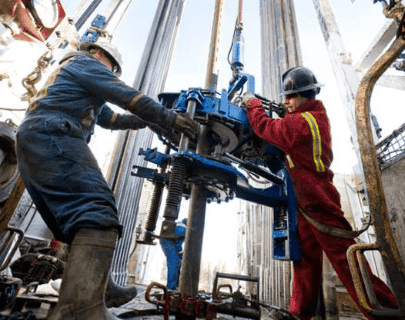
OVERVIEW
| COURSE TITLE | : | DE0171 : PTA/RTA Foundation |
| COURSE DATE | : | May 20 - May 23 2024 |
| DURATION | : | 4 Days |
| INSTRUCTOR | : | Dr. Saad Aljzwe Days |
| VENUE | : | Abu Dhabi, UAE |
| COURSE FEE | : | $ 6750 |
| Register For Course | ||
OTHER SCHEDULED DATES
| Date | : | Feb 19 - Feb 22 (4 Days) | Location | : | Doha, Qatar | Classroom Fee (US$) | : | $ 6500 | Course Info |
| Date | : | Apr 21 - Apr 25 (5 Days) | Location | : | Doha, Qatar | Classroom Fee (US$) | : | $ 8500 | Course Info |
| Date | : | Aug 26 - Aug 29 (4 Days) | Location | : | Al Khobar, KSA | Classroom Fee (US$) | : | $ 6750 | Course Info |
| Date | : | Sep 22 - Sep 26 (5 Days) | Location | : | Doha, Qatar | Classroom Fee (US$) | : | $ 8500 | Course Info |
| Date | : | Nov 25 - Nov 28 (4 Days) | Location | : | Dubai, UAE | Classroom Fee (US$) | : | $ 6750 | Course Info |
| Date | : | Dec 08 - Dec 12 (5 Days) | Location | : | Doha, Qatar | Classroom Fee (US$) | : | $ 8500 | Course Info |
Course Description
This practical and highly-interactive course includes real-life case studies and exercises where participants will be engaged in a series of interactive small groups and class workshops. This course is designed to provide participants with a basic and up-to-date overview of pressure transient analysis/rate transient analysis (PTA/RTA). It covers the basic theory of diffusion PTA/RTA; the basic principles and terminology governing both methods; the Darcy?s law and the equation of state leading to the diffusivity equation; the principle of superposition, infinite-acting radial flow, wellbore storage and skin and pseudo-steady state; the PTA methodology from the simple straight line horner to the current modelon-the-fly bourdet derivative; the quality control process before making an analysis; and the basic Saphir features including the interpretation path of load, edit, synchronizing, model, classical methods, derivative and the application to field examples. Further, the course will also discuss the well models comprising of vertical wells, skin, finite/infinite conductivity fractures, limited entry and horizontal wells; the reservoir models covering homogenous and heterogeneous models behavior including 2?, 2? and composite; the boundary models that include single limit, intersecting, parallel faults and closed system; and the typical errors encountered when diagnosing a boundary effect with an illustration of superposition effects and the influence of production duration on the analysis.During this interactive course, participants will learn the use of pseudopressures and multiple period analysis for rate dependant skin; the IPR AOF options in Saphir and the connection to the amethyste WPA module; the test objectives and designing a test to achieve them; the methodology from the basic empirical methods including Arps and Fetkovich to the current modern Blasingame, material balance and loglog diagnostic plots; the basic Topaze features including the interpretation path of load, edit, model, p(q), q(p), fast model and application to field examples; the principle of the linear (single phase) numerical model and how to build a model; and the well type, composite zones, faults and thickness.
TRAINING METHODOLOGY
This interactive training course includes the following training methodologies as a percentage of the total tuition hours
LecturesWorkshops & Work Presentations
Case Studies & Practical Exercises
Videos, Software & Simulators
In an unlikely event, the course instructor may modify the above training methodology before or during the course for technical reasons.
VIRTUAL TRAINING (IF APPLICABLE)
If this course is delivered online as a Virtual Training, the following limitations will be applicable
| Certificates | : | Only soft copy certificates will be issued to participants through Haward’s Portal. This includes Wallet Card Certificates if applicable |
| Training Materials | : | Only soft copy Training Materials (PDF format) will be issued to participant through the Virtual Training Platform |
| Training Methodology | : | 80% of the program will be theory and 20% will be practical sessions, exercises, case studies, simulators or videos |
| Training Program | : | The training will be for 4 hours per day starting at 09:30 and ending at 13:30 |
| H-STK Smart Training Kit | : | Not Applicable |
| Hands-on Practical Workshops | : | Not Applicable |
| Site Visit | : | Not Applicable |
| Simulators | : | Only software simulators will be used in the virtual courses. Hardware simulators are not applicable and will not be used in Virtual Training |
RELATED COURSES
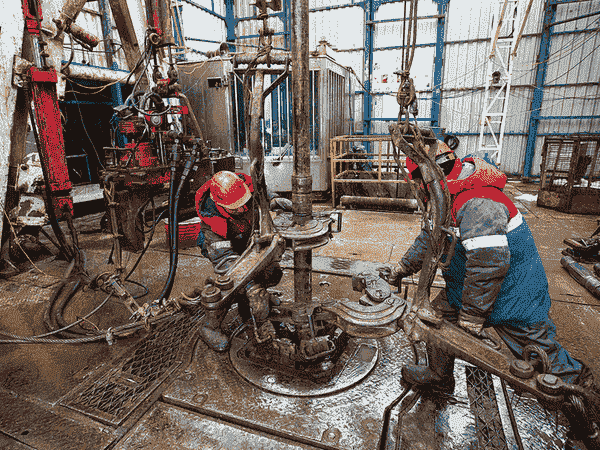
DE1014 : Stuck Pipe Prevention & Fishing Operation
- Date : May 13 -May 16 / 3 Days
- Location : Istanbul, Turkey
- Course Details Register
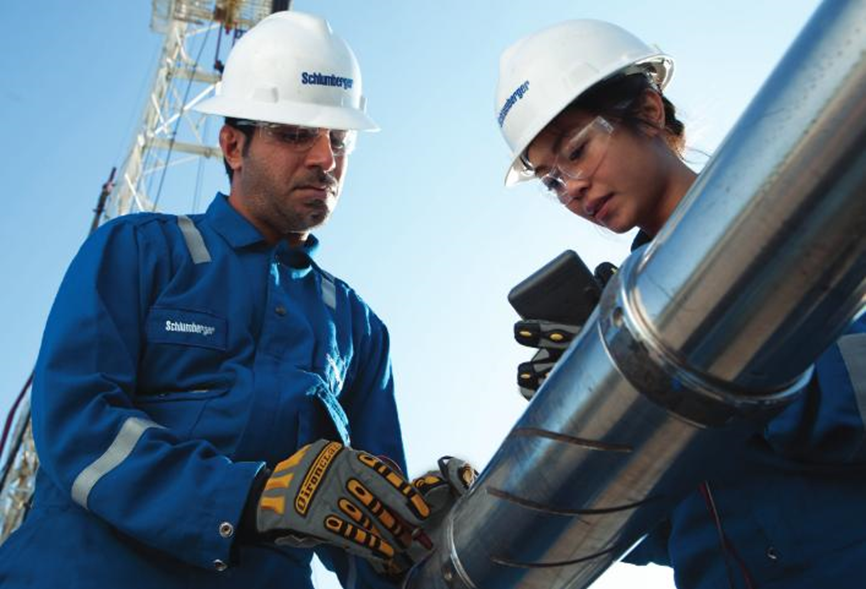
DE0125 : Matrix Stimulation
- Date : May 20 -May 23 / 3 Days
- Location : Al Khobar, KSA
- Course Details Register
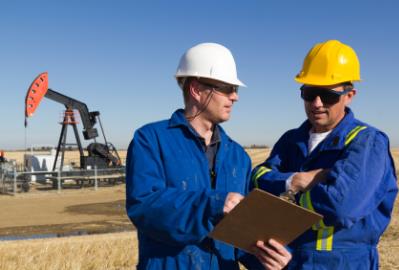
DE0284 : Well Test Design and Analysis
- Date : May 19 -May 23 / 3 Days
- Location : Doha, Qatar
- Course Details Register
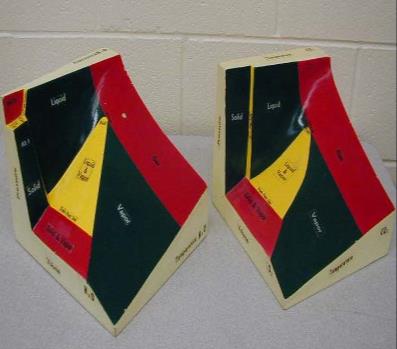
DE0441(AD6) : Advanced PVT and EOS Fluid Characterization
- Date : May 19 -May 23 / 3 Days
- Location : Doha, Qatar
- Course Details Register
